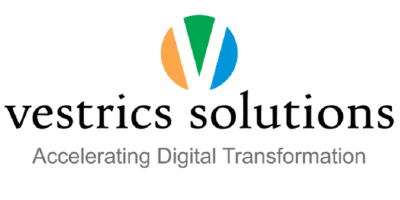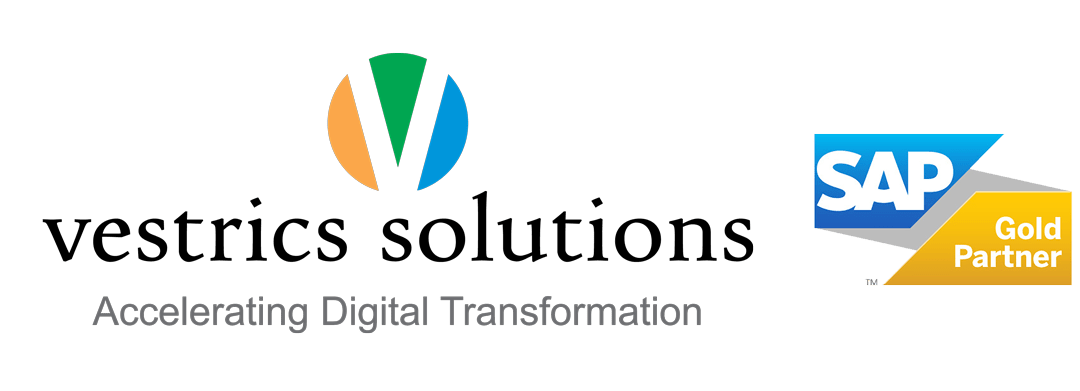Retail
enhance shopping experiences across all channels.
Revamping the retail industry through technology
Retailers are dealing with numerous obstacles in advertising, acquisition, satisfaction, and sale of products in the present intense commercial center. Yet, the coming of new technologies is presenting novel openings. By utilizing technologies like the cloud, artificial intelligence, robotics, the Internet of Things, and virtual/augmented reality, retailers can offer customers a shopping experience that exceeds their expectations.
Retail that is available across all channels
Customer ease
Personalized marketing
Shopping in an eco-friendly manner
SAP's cutting-edge retail technology solutions
tailored to the particular needs of the retail industry.
SAP's Intelligent Returns Management System
SAP Commerce Cloud
Merchandise management using SAP S/4HANA Retail
➜ Inaccurate Stock Counts: With an ERP system, tracking how many units are on hand can be more manageable. This can lead to inaccurate stock counts, which can lead to incorrect inventory orders or take away from customer satisfaction due to out-of-stock items on shelves.
➜ Limitations on Customer Data: Having an ERP system in place can make it easier to track customer data, like purchase history and preferences, limiting marketing strategies and customer service experience.
➜ Lack of Data Analysis: Data gathering and analyzing data can be difficult and time-consuming without an ERP system. This lack of data analysis can lead to poor decision-making and understanding of customer trends.
➜ Difficulty Tracking Returns: With no ERP system in place, it can be not easy to keep track of returns and refunds quickly and effectively. This can create financial issues that could otherwise be avoided.
➜ Manual Records: Without an ERP system, records tend to be kept manually, often making it difficult to have real-time visibility of items like customer orders, items in stock, supplier invoices, etc. This could lead to mismatched figures due to human error.
➜ Improved customer satisfaction: With SAP solutions, companies in the retail industry can provide customers with unified, consistent, and personalized shopping experiences. This is especially helpful regarding loyalty programs and improving customer relationship management (CRM).
➜ Enhanced supply chain visibility: SAP provides real-time data, making tracking inventory levels easier across all channels and locations. This helps to reduce costs by ensuring that there is always enough inventory in any place.
➜ Automated processes: SAP solutions automate processes such as inventory and pricing updates, which helps to reduce manual errors and free up staff time for more customer-facing tasks. This also helps to improve the customer experience and reduce costs.
➜ Reduced costs: SAP solutions can help to reduce the costs associated with running a retail business by providing insights into the most efficient methods of conducting core activities. This can help to reduce waste and streamline processes, resulting in cost savings.
➜ Increased sales: SAP solutions help gain insights into customer behavior, which can increase sales by designing promotional offers and campaigns targeted to customers with specific needs.
SAP supports the retail industry with its range of enterprise resource planning (ERP) solutions, allowing companies to quickly integrate data from multiple sources. Among other features, SAP ERP can help retailers analyze data in real-time to identify dynamic trends, customer preferences, and operational insights. With SAP Retail Analytics, companies can conduct more comprehensive data analysis to spot opportunities for improvement. This suite of business intelligence and analytics solutions can be used to improve decision-making and optimize performance across the entire retail value chain. This includes forecasting product demand, understanding customer buying patterns, enhancing collaboration between vendors and suppliers, and managing inventory and budgeting. SAP's Reporting and Dashboarding capabilities offer an array of out-of-the-box reports and charts which can be scheduled and shared via emails and apps. This makes it simpler for retail companies to track customer behavior, identify peak sales periods, and optimize promotions.
➜ Automate Inventory Management: SAP software can help retail companies automate inventory management systems. This ensures maximum efficiency in tracking and forecasting stock, procurement, and replenishment.
➜ Improve Customer Experiences: SAP software can help retailers personalize customer experiences across different touchpoints, like e-commerce websites, kiosks, and in-store environments. This includes better customer segmentation and improved customer relationship management.
➜ Enhance Supply Chain visibility: SAP solutions can integrate all channels end-to-end, providing more visibility into the entire supply chain and maximizing efficiency in inventory, shipping, and logistics.
➜ Develop Data-driven Strategies: SAP software offers real-time analytics capabilities, allowing retailers to leverage the power of business intelligence to generate data-driven strategies.
➜ Enhance Omni-channel Presence: By enabling retailers to provide a consistent customer experience across multiple channels, SAP helps companies to maximize their online and offline presence.
SAP can help professional services companies in their digital transformation journey in several ways.
➜ Streamline workflows and processes: SAP solutions can help streamline and automate all aspects of a professional services company's workflow, from project management to billing and customer service. This allows organizations to cut costs and increase efficiency.
➜ Improve customer experience: SAP solutions can help provide customers with an enhanced user experience through improved customer relations management (CRM), self-service options, and automation. These solutions can also provide deeper insights into customer data to make data-driven decisions and drive customer engagement.
➜ Introduce predictive analytics: SAP solutions can help introduce predictive analytics to a professional services company's services and processes by offering valuable reports and analysis, creating efficiencies, and lowering costs.
➜ Enhance collaboration and communication: SAP solutions can help improve communication and collaboration within a professional services organization, such as providing secure access to critical data across divisions and teams.
➜ Enhance security: SAP solutions can help strengthen security across a professional services organization by providing an integrated system with encrypted data and insights to identify potential risks ahead of time.



